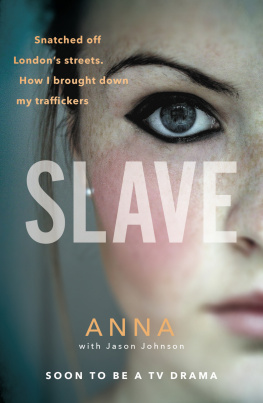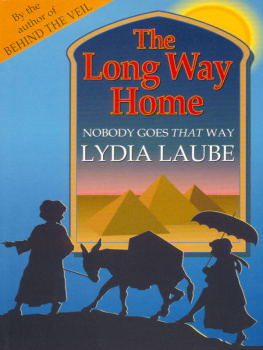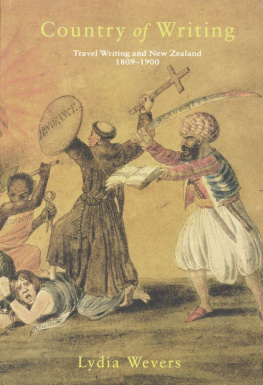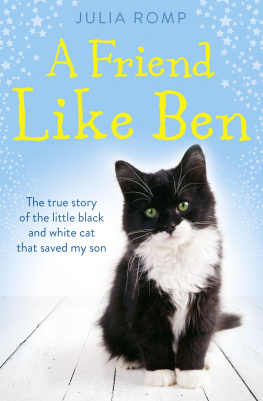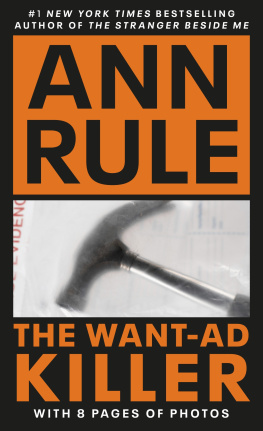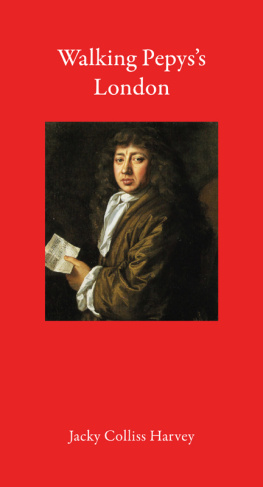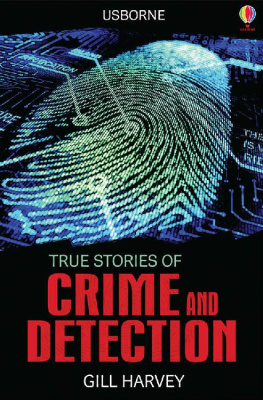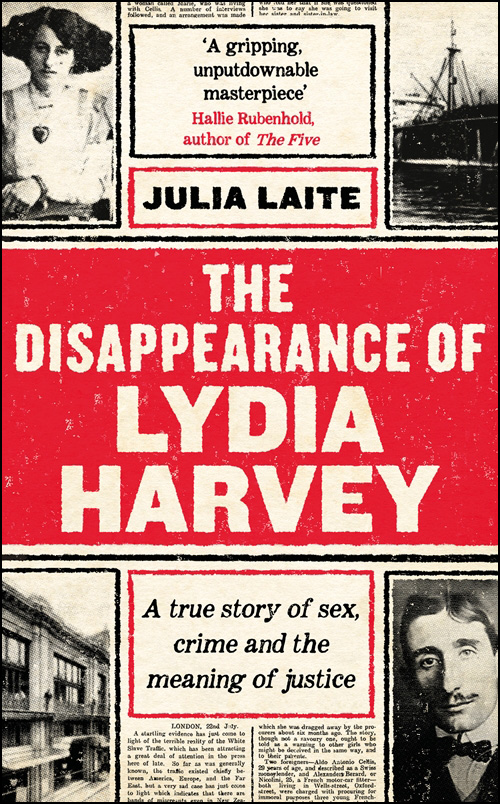Contents
Guide
THE DISAPPEARANCE OF LYDIA HARVEY
THE
DISAPPEARANCE OF LYDIA HARVEY
A T RUE S TORY OF S EX , C RIME AND THE M EANING OF J USTICE
JULIA LAITE

First published in Great Britain in 2021 by
Profile Books Ltd
29 Cloth Fair
London
EC1A 7 JQ
www.profilebooks.com
Copyright Julia Laite, 2021
The moral right of the author has been asserted.
All rights reserved. Without limiting the rights under copyright reserved above, no part of this publication may be reproduced, stored or introduced into a retrieval system, or transmitted, in any form or by any means (electronic, mechanical, photocopying, recording or otherwise), without the prior written permission of both the copyright owner and the publisher of this book.
A CIP catalogue record for this book is available from the British Library.
ISBN 9781788164429
eISBN 9781782836544
Audio ISBN 9781782838432
To Will
RESEARCH NOTE
The lives in this book were found in fragments, and they have been reconstructed using a large number of very small details. These include birth, marriage, death and migration records from digitised genealogical web sites; character-searched information from digitised newspapers; and police, court and institutional records from archives around the world. These scraps, glimpses and clues, often little more than a tiny detail in a margin, have been carefully contextualised using both broad and local histories, which have helped me place these historical actors in their time and place.
I have stitched these details together with threads of imagination, but this imagining has followed careful rules. There is no detail offered here for which I do not have historical evidence. The weather columns of local newspapers have told me if it was sunny, cold or raining. Historical photographs, novels and travel stories have helped me re-create scenes. Three major archival case files and dozens of other related ones from four different countries have been carefully interlaced to form a picture of almost-forgotten lives.
There are thousands of missing pieces to this puzzle evidence that has been lost, destroyed or never written down in the first place. Perhaps there are bit and pieces still lying in an archive somewhere: uncatalogued, un-indexed, as yet unfound. In the places where I cannot know or even glimpse what happened or why, I have carefully deployed the historians tool of maybe, perhaps and must have. There are places where the accounts conflict, and where it is difficult to say which clue is more convincing. I have left these moments unreconciled.
This is a true story. But it is also a story that insists we think carefully about who gets to do the telling.
HISTORICAL ACTORS
Ernest Anderson: A detective inspector with the Criminal Investigation Department, Scotland Yard
Emily Louisa Badeley: A piano teacher from Oamaru, New Zealand; Lydia Harveys mother
Marie Balandras: A French landlady in North Soho who had a habit of renting rooms to criminals.
Alex/Alexander Berard: A pseudonym of Alessandro di Nicotera
Marguerite Bescanon: A young French woman who was brought from Paris to London by traffickers
Victoria Bricot: A young French woman who was brought from Paris to London by traffickers
Frederick Bullock: Metropolitan assistant police commissioner and central authority on the white slave traffic
Walter Burmby: A Metropolitan Police sergeant, C Division, Soho
Marguerite Carl: A young woman who boarded a steamship in London bound for New Zealand in May 1910; may be the same person as Florrie
Antonio Carvelli: An Italian man alternatively known as Aldo Cellis, Anton Courrier, Anthony Coty, etc.; a musician, indent agent, translator, Latin teacher, bookmaker, thief and trafficker
Luigi Carvelli: A maestro and classical composer from Calabria who played first horn in the Brighton Municipal Orchestra; Antonio Carvellis father; Serenata Napoleatana is his most well-known surviving work
Aldo Cellis: A pseudonym of Antonio Carvelli, and the name by which Lydia Harvey knew him
William Coote: A well-known anti-trafficking campaigner; general secretary of the National Vigilance Association and the International Bureau for the Suppression of the White Slave Traffic
Anthony Coty: A pseudonym of Antonio Carvelli
Anton Courrier: A pseudonym of Antonio Carvelli
Alec Denis: A pseudonym of Alessandro di Nicotera
Florrie: A young woman who was trafficked from New Zealand to Buenos Aires, and possibly on to London; may be synonymous with Marguerite Carl
William Hall-Jones: The New Zealand high commissioner in London
Harry George Cannon Harvey: A solicitor in Dunedin, Oamaru and Christchurch, New Zealand; Lydia Harveys father
Lydia Rhoda Harvey: A young woman who was trafficked from New Zealand to Buenos Aires and London in 1910; sometimes used the pseudonym Doris Williams
Mireille Lapara: A young French woman who was brought from Paris to London by traffickers
Marguerite Leroy: A young French woman who was brought from Paris to London by traffickers and was later deported
Eilidh MacDougall: A social worker in London and lady assistant to the Metropolitan Police
William Mead: A Metropolitan Police constable at C Division, Soho with an eye for illicit opportunities
George Nicholls: A Metropolitan Police detective sergeant working for the head of the Criminal Investigation Department; fastidious, discreet, with a talent for speaking French
Alessandro di Nicotera: An Italian man alternatively known as Alex/Alexander Berard and Alec Denis; a mechanic, army deserter, waiter, bookmaker and trafficker
Herbert Ockenden: A merchant mariner, based in Australia
Charles Peneau: A French teenager with respectable parents, who was charged with pimping in April 1910
Camelia Rae: A French woman working at a one-woman brothel in Wellington, New Zealand, also known as Tit; a close friend and/or business associate of Antonio Carvelli and Veronique White
Annie Sawyer: A woman known as the wife of Alexander Berard, aka Alessandro di Nicotera
Guy Hardy Scholefield: The New Zealand Press Association correspondent in London
Tit: A pseudonym of Camelia Rae
Marie Vernon: A pseudonym of Veronique White
Joseph Ward: The prime minister of New Zealand in 1910
Veronique Sarah White: A well-travelled Australian woman, who made her living in the sex industry; also known as Vanda Williams, Marie Vernon and Kathleen Williams
Doris Williams: A pseudonym of Lydia Harvey
Kathleen/Vanda Williams: Pseudonyms of Veronique White
Vera Wilson: An English woman much maligned by the parents of her pimp, Charles Peneau; a police informant
The problem is one of infinite complexity. In a word those who constitute it are human beings.
Maude Royden, The Problem of the Undesirables, 1916
PROLOGUE
In January 1910, just a few months shy of her seventeenth birthday, Lydia Harvey disappeared. She bade farewell to the motley crew at Mrs Logans boarding house in downtown Wellington, New Zealand, where young men and women, new arrivals to the city, took their meals together in a threadbare dining room after long days of work. She wrote to her mother, who had her hands full of children back home in the small provincial town of Oamaru, telling her that she had taken a job as a nursemaid to a rich couple, who were bringing her with them to London. She gave notice to Mr Harlow at the photography studio where she had recently got a job, where families in nice clothes and lines of orderly children came to buy Kodak cameras and develop pictures of their travels. Then she boarded a brand-new steamship, with 500 third-class berths and a triple-expansion steam engine, which could cut through the waves of the Pacific and land her in Buenos Aires in less than a months time. Then, she seemed to disappear.


